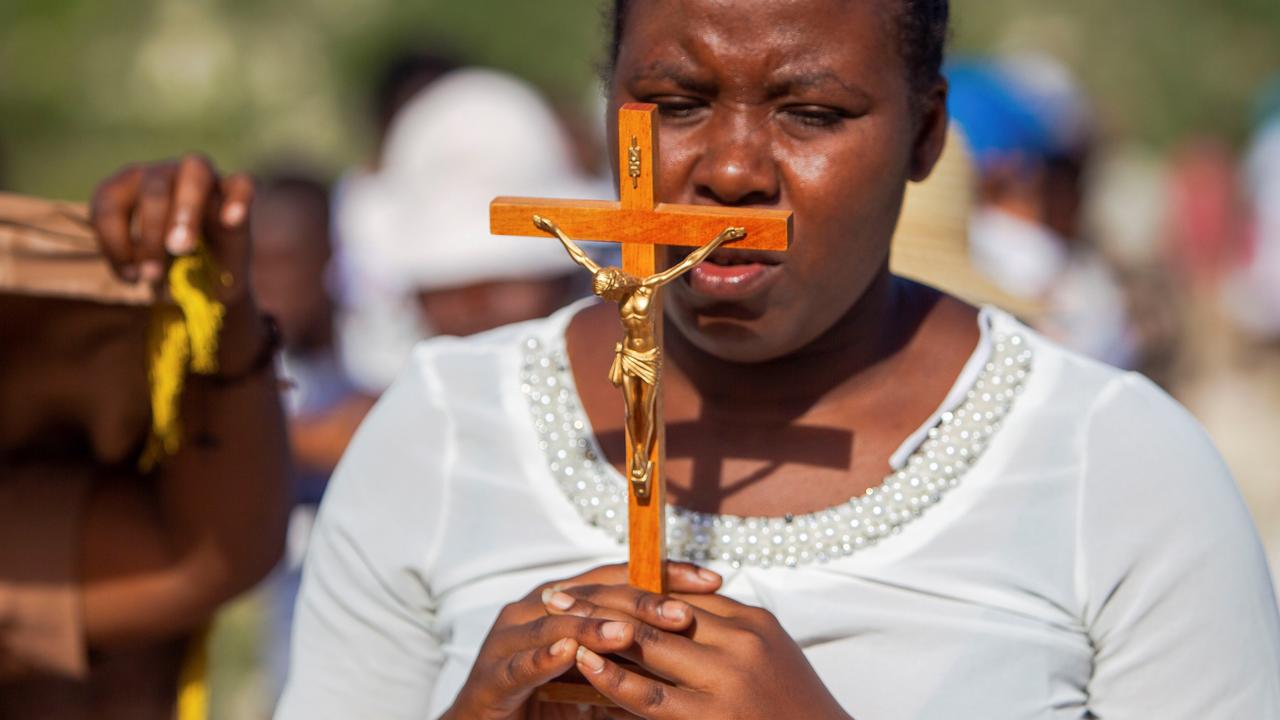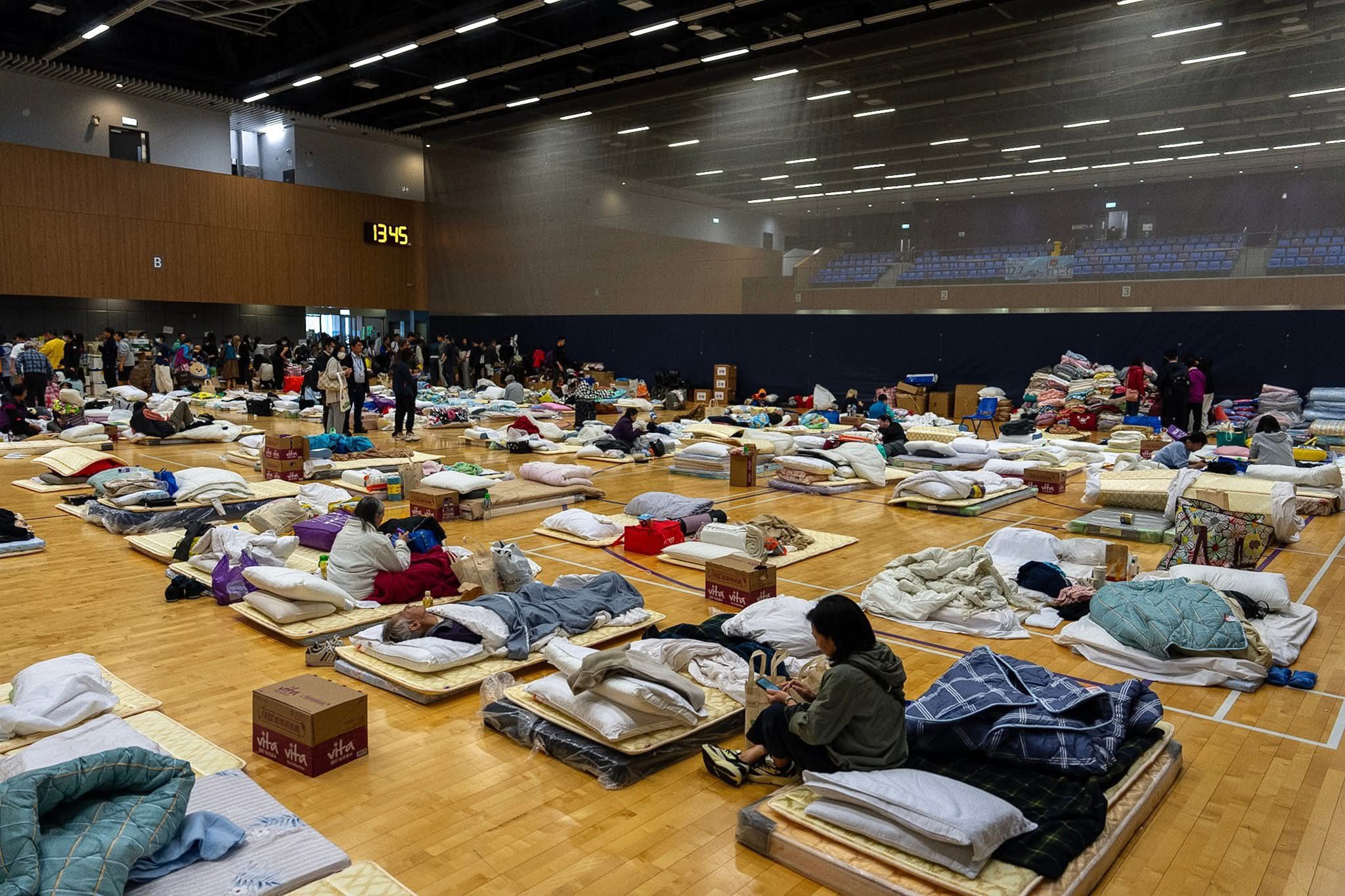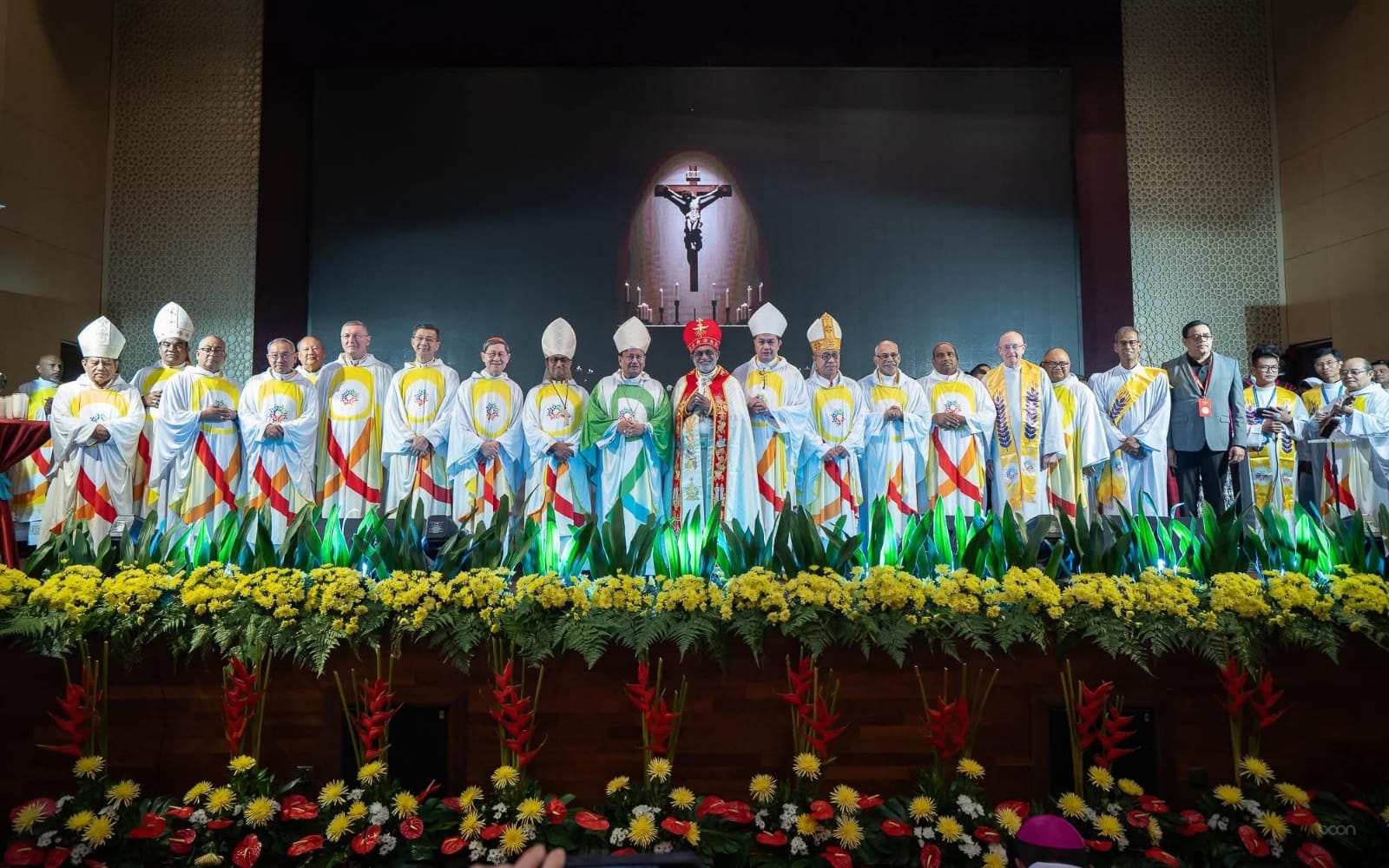Joaquim Magalhães de Castro
A United Nations report states that more than 50,000 people have fled the capital of Haiti in recent weeks, adding to the more than 100,000 refugees already in the south of that country. Father Erwan, missionary of the Order of Ministers of the Sick, who is barricaded in a hospital in the capital Port-au-Prince managed by the religious of that congregation, recalls that the gangs have more and more weapons and have been exponentially increasing their levels of cruelty.
This Camillian priest says: “Our hope is that they won’t attack us here… We can’t go out to buy food or medicine for the people we have in our care: disabled children, sick people and their families, as well as medical and nursing staff” . Once, the criminals allowed the religious to go out with an ambulance to buy 30 cylinders of oxygen, “indispensable for surgeries”, but only after they had paid the so-called ‘protection fee’. Father Erwan, treasurer of the Foyer Saint Camillus – La Plaine, municipality of Croix de Bouquet, north of the capital Port-au-Prince, an institution under the tutelage of his Camillian confrere Father Robert, summarizes: “Day after day the situation is increasingly dangerous.” Another cleric, António Menegon, responsible for the non-profit Camillian organization ‘Madian Orizzonti’, adds: “I think about the tragedy that the Haitian people are experiencing, increasingly closer to the abyss in the face of global indifference”. Nobody talks about the subject; worse, no one intervenes! With the limited means they have at their disposal, the Camillians try to help as many Haitians as possible. “Saving human lives means perpetuating the resurrection of Jesus in everyday life,” concludes this Transalpine priest.
‘Madian Orizzonti’ has its origins in the Order of Camillian Religious of the Piedmontese Province and since 1980 it has been involved in welcoming and providing free care to the poorest patients, in accordance with the spirit of the founder of the congregation: San Camillo De Lellis. Created to welcome homeless people, the elderly and the sick, ‘Madian Orizzonti’ has adapted over the years to new emergencies involving the poor, i.e., immigrants, families in difficulty, abandoned minors, etc. Throughout its existence, ‘Madian Orizzonti’ – registered as a non-profit organization since 2005 – has welcomed people from more than 40 countries, and today continues to offer free food, accommodation, medical and nursing services, medicines, linen change and laundry service, payment for diagnostics, purchase of laboratory equipment, prostheses, orthopedic devices, and everything else that concerns “care and assistance to the sick”.
In the case of Haiti, today more than ever the recent appeal by local Catholic bishops expressing deep concern about the violence plaguing the Caribbean island remains current. “Let us put an end to these violent acts that cause so much suffering. Each act of destruction makes Haiti go backwards in its march towards the progress we all desire,” states the statement issued at the time. All prelates invoke the Blessed Virgin Mary, Our Lady of Perpetual Help, to “free Haiti from evil”. Following this urgent appeal, the Episcopal Conference of Latin America (CELAM), the Latin American Confederation of Religious (CLAR) and Caritas Latin America sent to ACN (Aid to the Church in Need) an invitation to participate in a day of prayer for the people of Haiti on the Friday of the Virgin of Sorrows, or Mary at the Foot of the Cross, still celebrated by countless communities. This is the Mary who suffers today for her Son before the people of Haiti. “We ask our Mother, symbol of tenderness and mercy, for her intercession to open hearts, move wills, so that our brothers and sisters can enjoy the fullness of life,” says the statement.
According to figures provided by CELAM and CLAR, more than three million children are in need of humanitarian aid, 362 thousand people are internally displaced and half of the population – with a life expectancy of just 64 years – survives in poverty. Due to violence, many people have lost their loved ones, women often have their fundamental rights violated and many Haitians do not have the minimum conditions for a dignified life.
Haiti is a majority Christian country; 93% of the population belongs to one or another Christian denomination, the creed having been introduced by the Spanish. For centuries, the main brand of Christianity was Catholicism. However, in recent years, some Protestant denominations have increased the number of converts, continuing the initial work carried out by a small number of Protestant missions since the island’s independence. It is often said that Haiti is 70% Catholic, 20% Protestant and 100% Voodoo. During the colonial period, both the Spanish and the French imported slaves from Africa to maximize productivity on sugar plantations in the then colony of Santo Domingo. As slaves arrived in the ‘New World’, they were exposed to new Catholic doctrines and beliefs. Many adopted aspects of the new Catholic practice and combined it with their traditional African spiritualist beliefs, ‘voodoo’, a word from the Fon language of Benin in West Africa, meaning “spirit.”


 Follow
Follow


